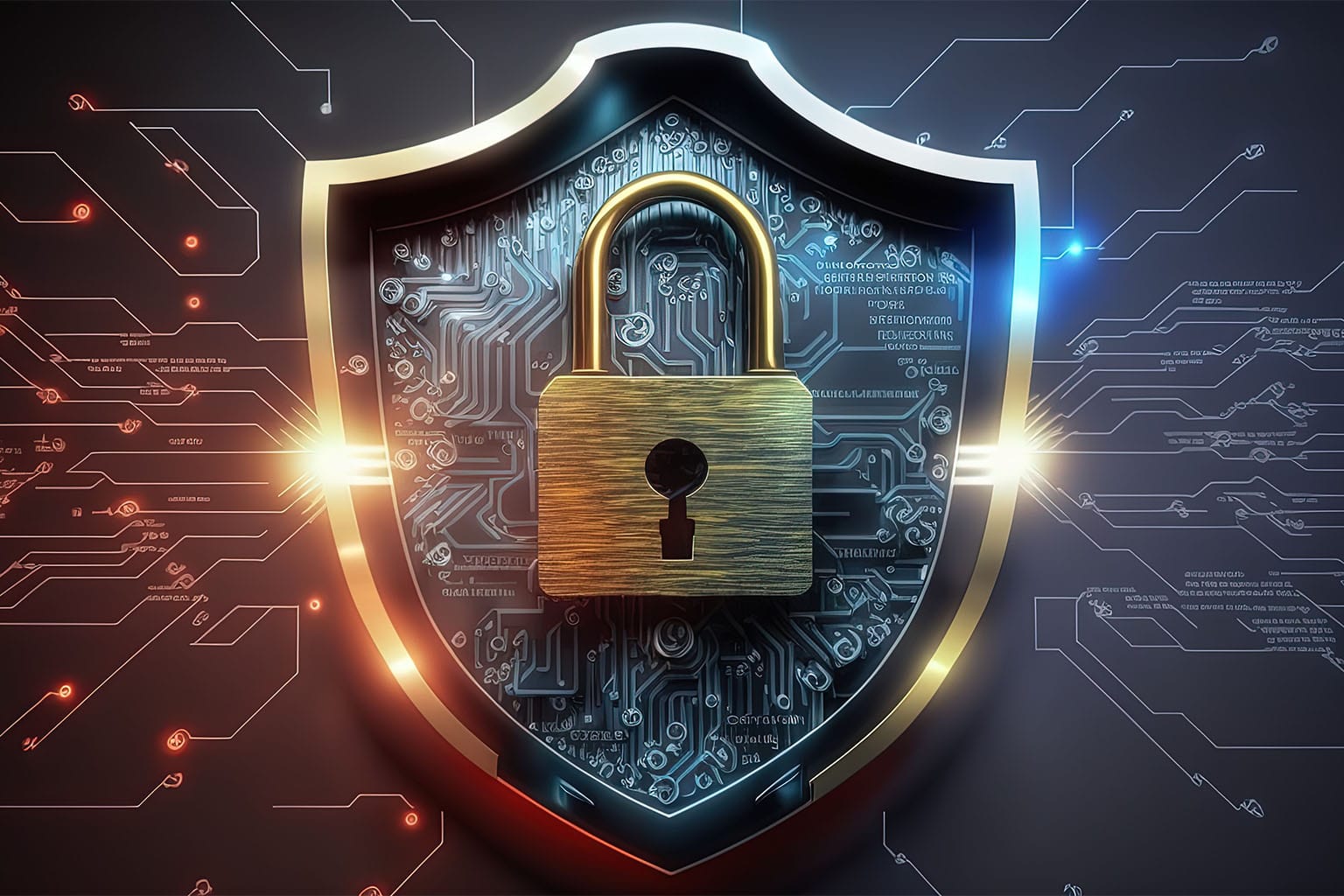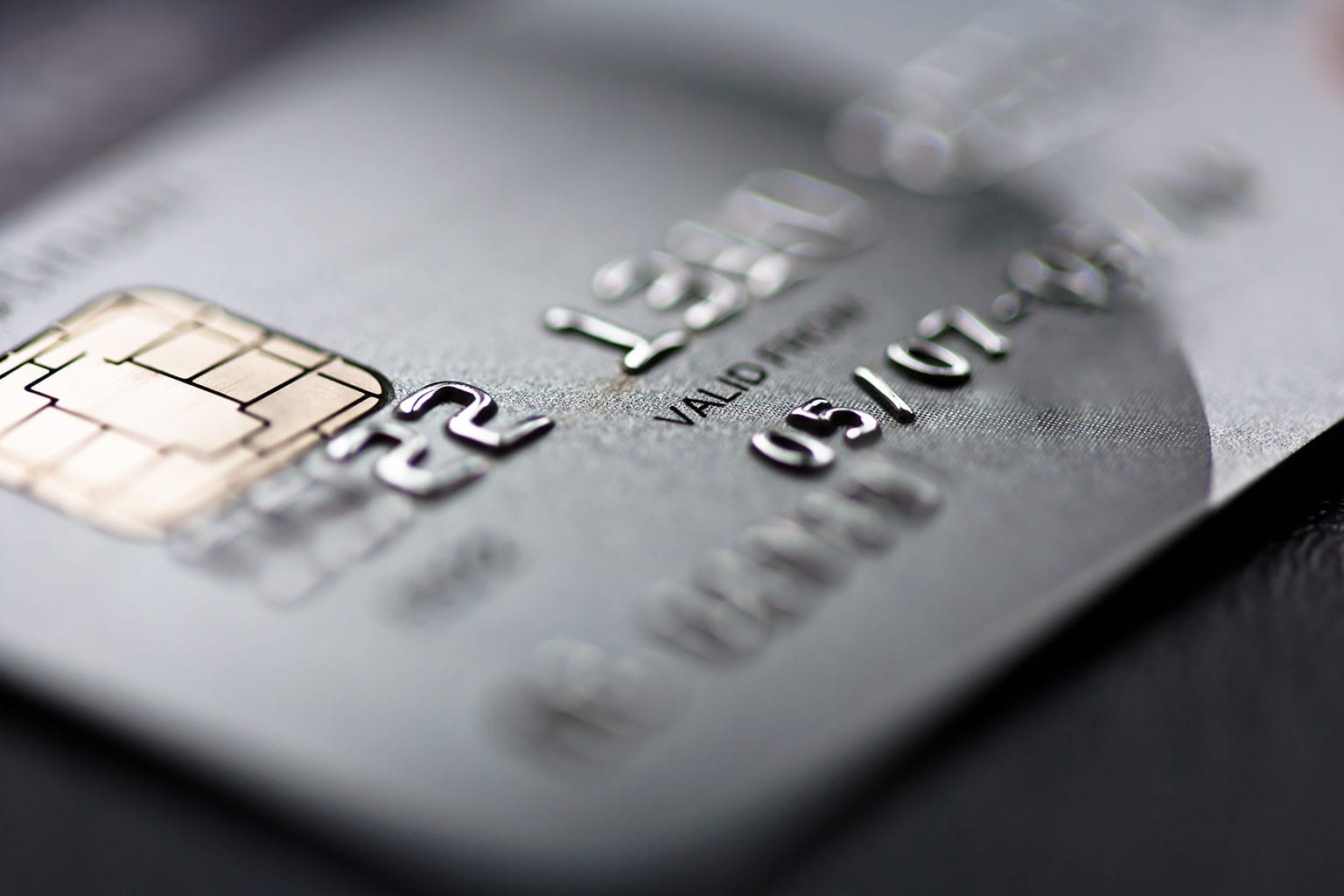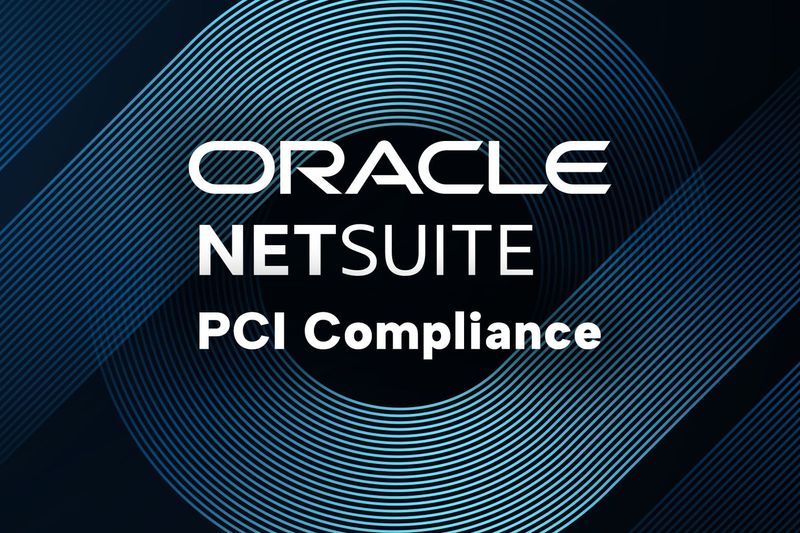Businesses are responsible for protecting sensitive payment card information and ensuring compliance with industry regulations.
It’s a commitment to solidifying customer relationships and properly adhering to strict rules established by regional authorities.
Conversely, non-compliance can result in penalties levied by credit card companies ranging from $5,000 to a whopping $100,000 per month. Not to mention the potential for facing lawsuits, damaged reputation, and revenue loss that can occur from PCI violations.
NetSuite, a leading cloud-based business management software, offers comprehensive security features to help companies achieve PCI compliance.
In this blog post, we:
- Uncover the importance of PCI DSS and NetSuite’s commitment to maintaining compliance
- Understand various methods employed by NetSuite to secure user access and authentication
- Explore how NetSuite handles data encryption and protection, focusing on NetSuite PCI compliance.
Short Summary
- NetSuite is dedicated to upholding PCI DSS compliance, offering a range of security features and procedures.
- Best practices for maintaining PCI compliance include regular audits and monitoring, data security policies, and industry standards/certifications.
- NetSuite utilizes role-based access controls, multi-factor authentication & password policies for secure user access & authentication.
Understanding PCI DSS and NetSuite’s Compliance

The Payment Card Industry Data Security Standard (PCI DSS) is a globally accepted set of regulations and protocols designed to enhance the security of credit, debit, and cash card transactions, safeguarding cardholders from misusing their personal data.
Compliance with PCI DSS is critical for businesses as it helps to protect customer data, guarantee adherence to applicable regulations, and ensure mandatory employee background checks are conducted.
NetSuite is committed to upholding PCI DSS compliance to protect user data. The ERP platform implements a comprehensive set of security features and procedures, such as enterprise-grade redundant infrastructure, data replication, and disaster recovery protocols.
Users can monitor activities in NetSuite by configuring saved searches and conducting periodic audits, which are essential for identifying any unauthorized access or modifications to sensitive data.
What is PCI DSS and Why Is It Important for Businesses?

The Payment Card Industry Data Security Standard (PCI DSS) safeguards confidential payment card information and guarantees cardholder data security, especially when stored or processed by a public cloud hosting provider like NetSuite.
Applicable to all organizations that store, process, or transmit cardholder data, PCI DSS encompasses requirements for network security, data security, access control, and privacy risk management.
Compliance with PCI DSS assists organizations, including cloud service providers, in safeguarding cardholder data, diminishing the possibility of data breaches, and adhering to industry standards, while preserving their reputation and cultivating customer trust.
NetSuite’s PCI DSS Compliance
NetSuite has implemented various measures to guarantee PCI DSS compliance, including role-based access controls, multi-factor authentication, password policies, custom attribute encryption, data transmission encryption, intrusion detection systems (IDS), security information and event management (SIEM), and a dedicated security team with employee background checks.
As a result, NetSuite meets security standards for processing, storing, and transmitting payment card information in a secure environment, ensuring procedural compliance.
Moreover, NetSuite has been externally audited to SOC 1 Type 2 and SOC 2 Type 2 (SSAE18 and ISAE 3402) standards and ISO 27001 and 27018, PCI DSS, and PA DSS.
To further preserve PCI compliance in NetSuite in your company, following best practices, including frequent audits and monitoring, data security protocols, and adherence to industry standards and certifications, is vital.
Securing User Access and Authentication in NetSuite

Businesses must implement robust security measures that secure user access and authentication to maintain PCI compliance.
NetSuite’s software utilizes various methods, including role-based access controls, multi-factor authentication, and password policies, to ensure that only authorized users can access sensitive data and minimize the risk of data breaches.
These measures help protect customer data and ensure that businesses remain compliant with industry regulations.
Role-Based Access Controls
Role-based access controls (RBAC) are a security approach that authorizes and restricts system access to users based on their role(s) within an organization. By restricting access to specific areas of NetSuite according to user roles, organizations can guarantee that only approved users have access to sensitive data.
For example, role-based access controls restrict access to certain areas of NetSuite’s system based on user roles. For example, You can only permit administrators to access certain areas or limit users with fewer privileges to view or edit certain data.
Multi-Factor Authentication Requirements
NetSuite institutes maximum security by enabling multi-factor authentication for all users.
Multi-Factor Authentication (MFA) is an additional protective measure to secure user access to NetSuite, requiring a verification code obtained from an authenticator app or via a message sent to a mobile phone.
By offering an extra layer of security, MFA ensures that only authorized users can access accounts and applications, thereby decreasing the risk of data breaches and other security issues.
Password Policies
Enforcing robust password policies is crucial to preventing unauthorized access and maintaining PCI compliance.
NetSuite’s comprehensive password policy management allows businesses to establish rules related to password complexity, minimum length, password expiration, and session timeout, accessible through Setup -> Company -> General Preferences.
Users should generally change their password at least every 90 days or fewer. Some NetSuite features may require users to alter their password in fewer days than the company policy for security purposes.
Data Encryption and Protection in NetSuite

Protecting sensitive data is a crucial aspect of PCI compliance, and NetSuite employs various encryption methods and role-based access control to ensure data security.
This section will explore custom attribute and data transmission encryption, two essential components of NetSuite’s data protection measures.
Custom Attribute Encryption
Encryption in NetSuite is essential for guaranteeing the security of sensitive data.
Custom attribute encryption refers to using a custom encryption key or algorithm to encrypt specific attributes or fields within a system or application. This ensures that sensitive data is safeguarded and can only be accessed by authorized users.
By generating a custom encryption key or algorithm and encrypting specific attributes or fields, encrypted NetSuite data is securely retained and accessible only to authorized personnel.
The following text types can be encrypted in NetSuite:
- Email Address
- Free-Form Text
- Long Text
- Phone Number
- Rich Text
- Text Area
Data Transmission Encryption
User details and data exchanged in NetSuite are protected using strong encryption methods and ciphers that meet industry standards.
Data transmission encryption is a crucial tool for safeguarding data during transfer, guaranteeing the security, integrity, and confidentiality of the data, and is indispensable for any organization requiring the protection of sensitive data.
Data transmission encryption involves transforming data into an encoded format during transfer to shield it from unauthorized access.
Monitoring and Responding to Malicious Traffic

Detecting and responding to malicious traffic is a vital aspect of maintaining PCI compliance in NetSuite.
By implementing intrusion detection systems (IDS) to identify malicious traffic attempting to breach the system and using security information and event management (SIEM) to monitor the situation and facilitate a response, businesses can effectively protect their sensitive data and maintain a secure environment.
Intrusion Detection Systems (IDS)
NetSuite employs Intrusion Detection Systems (IDS) on servers and networks to detect malicious attempts to access its systems.
IDS security software or hardware devices are designed to monitor network traffic for any abnormal activity and generate notifications when such activity is identified.
It plays a crucial role in observing network traffic and detecting attempts to gain unauthorized access to a system or network, allowing administrators to take appropriate measures to protect it.
Security Information and Event Management (SIEM)
Detailed logs and security alerts are quickly sent to a system for security information and event management if any suspicious activity is identified in NetSuite. This allows an experienced security team to monitor the situation and respond promptly when needed.
Security Information and Event Management (SIEM) helps organizations recognize and address potential security risks by collecting and analyzing security events and other contextual data sources in real-time and past data.
SIEM uses a combination of correlation, analytics, and automation to identify and respond to security incidents. Utilizing SIEM can provide enhanced visibility into security events, improved compliance with security regulations, and faster response times to security incidents.
NetSuite’s Dedicated Security Team and Employee Background Checks
NetSuite’s commitment to PCI compliance is further demonstrated by its dedicated international security team, which monitors alerts, enforces security policies, and ensures the implementation of the strongest security measures.
Additionally, employee background checks are vital in guaranteeing a trustworthy workforce, reducing the risk of security breaches, and ensuring compliance with industry regulations.
Security Team Responsibilities
NetSuite’s security team is responsible for enforcing security policies, monitoring alerts, investigating unusual system behavior, and guaranteeing adherence to security protocols such as ISO 27000 and NIST 800-53.
They provide 24/7 monitoring for maximum operational security, ensuring that NetSuite’s services remain secure and compliant with industry standards.
Employee Background Checks
At NetSuite, job responsibilities are divided, and all employees undergo mandatory background checks. They follow the principle of least authority (POLA), which means employees are only given the privileges needed for their specific duties.
Compliance with Industry Standards and Certifications

NetSuite’s commitment to security is further illustrated by its compliance with various industry standards and certifications, including SOC 1, SOC 2, PCI-DSS, and the EU-US Privacy Shield framework.
This section will examine two key certifications, ISO 27001:2013 and SOC audits, that demonstrate NetSuite’s dedication to maintaining a secure and compliant environment.
ISO 27001:2013 Certification
NetSuite’s ISO 27001:2013 certification showcases its commitment as a company to maintaining a secure environment for its customers.
ISO 27001:2013 certification is an internationally recognized standard for information security management systems, which indicates an organization’s dedication to managing information securely and safely.
Achieving this certification involves a 10-step process, including establishing an information security management system, conducting a risk assessment, enforcing controls, and measuring, monitoring, and reviewing.
With a validity of three years, the certification can be acquired upon completion of the certification course, which is priced at approximately Rupees 26,000 per participant.
SOC Audits
NetSuite undergoes SOC 1 Type II and SOC 2 Type II audits conducted by independent third-party auditors. These audits comply with Section 404 of Sarbanes-Oxley‘s reporting regulations and assess security and service availability controls.
There are two primary types of SOC audits: SOC 1 audits focus on internal controls related to financial reporting, while SOC 2 audits concentrate on the security, availability, processing integrity, confidentiality, and/or privacy of the organization’s services.
Best Practices for Maintaining PCI Compliance in NetSuite

Maintaining PCI compliance in NetSuite requires diligence and adherence to best practices, such as regular audits and monitoring, data security policies, and compliance with industry standards and certifications.
This section will outline the importance of these best practices and how they contribute to a secure and compliant NetSuite environment.
Regular Audits and Monitoring
Regular audits and monitoring are essential for maintaining PCI compliance in NetSuite. It is crucial to keep accurate network diagrams, perform regular infrastructure testing, assess third-party risks, and implement secure authentication and access controls.
Additionally, documenting and authenticating technical information, following PCI data security assessment protocols, and conducting internal audits at least annually are recommended practices for consistent audits and monitoring.
Data Security Policies
Businesses can effectively implement data security policies in NetSuite by utilizing role-based access controls, multi-factor authentication, password policies, custom attribute encryption, data transmission encryption, intrusion detection systems (IDS), and security information and event management (SIEM).
Secure Your Company with NetSuite

Achieving and maintaining PCI compliance in NetSuite is essential for businesses to safeguard sensitive payment card information and ensure compliance with industry regulations.
Using NetSuite and following the best practices outlined in this article, you can protect your company’s sensitive data, maintain customer trust, and ultimately thrive in today’s digital landscape.
If you’d like to explore how NetSuite and its comprehensive all-in-one ERP can help protect and grow your business, reach out to us for a custom demo. We’re a compassionate team committed to helping our customers achieve new heights with NetSuite.
Frequently Asked Questions
Is NetSuite PCI compliant?
NetSuite is certified for PCI DSS and meets a host of audit and security standards, such as SOC 1 Type II, SOC 2 Type II, and ISO 27001:2013.
This confirms that NetSuite is PCI-compliant.
Is NetSuite compliant with industry standards like SOC 2?
NetSuite is compliant with SOC 1 Type II, SOC 2 Type II, ISO 27001, PCI, EU-US Privacy Shield, and other industry standards.
What are the security standards for NetSuite?
NetSuite is equipped with features to secure sensitive data and is externally audited to the highest security standards, including SOC 1 Type 2, SOC 2 Type 2, ISO 27001 and 27018, PCI DSS, and PA DSS.
Additionally, it is Payment Card Industry Data Security Standard (PCI DSS) level 1 compliant and may preserve payment card numbers.



